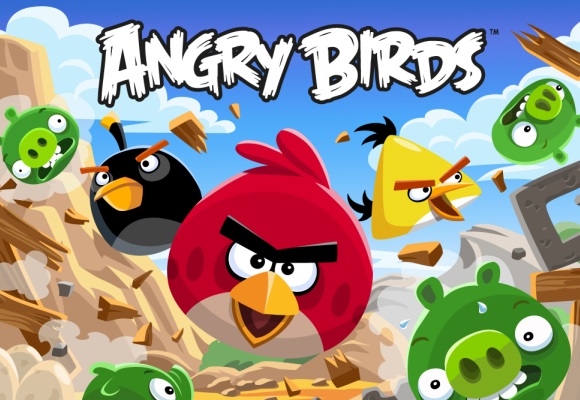Apps & Software
Mobile Gaming Apps on Track for Record Revenues
Published:
Last Updated:

Research and consulting firm Strategy Analytics last week released its second-quarter category tracking report, showing that mobile gaming apps continue to exhibit strength globally. The research firm said that the revenue driver “continues to rest with the gaming companies that have used the freemium model to dominate the top grossing charts across the globe.”
Chief researcher Joshua Martin said:
Despite the enormous growth of the apps market—which we forecast to exceed 100B downloads in 2015—there are fewer and fewer companies and fewer and fewer categories sharing in that revenue.Companies should view apps as an indirect revenue driver and develop strategies in support of that objective. While some companies face challenges ahead, one thing is for certain—it’s good to be a gaming company right now.
In the six countries included in the report—Brazil, China, France, Germany, the U.K., and the U.S.—the game category slipped slightly as the top grossing app in the Apple Inc. (NASDAQ: AAPL) iPhone ecosystem. iPhone gaming apps represented 81% of the top grossing apps in second quarter revenue in China, down a point or two sequentially. In France, Germany, and the U.K., gaming represented more than 60% of the top 100 grossing apps, while Brazil’s gaming apps represented more than 50% of the top grossing iPhone apps and U.S. mobile gaming apps represented nearly 50% of of revenues of the top grossing apps.
It is worth noting what Strategy Analytics said about the freemium model. We’re about to see a live test of whether the freemium model can prevail in another category—music.The newly launched Apple Music, despite its free three-month trial period, does not use the freemium model. Top competitor Spotify does. Privately held Spotify claims 75 million active users and 20 million paid subscribers. The paid subscriber total doubled in 2014, the company’s best growth ever.
The music industry—and Taylor Swift especially—dislike (hate?) the freemium model and has only reluctantly agreed to let companies like Spotify use it. But if the mobile gaming experience is any guide, the freemium model is the winning strategy. Why? Because Apple’s iTunes changed the business forever by making music cheap enough that people stopped stealing it. Spotify continues that model: give a little bit away with the expectation that it becomes valuable enough to the user that it will generate revenue eventually. That’s the model for games and could be the winning model for music.
ALSO READ: 20 Cities With the Widest Gap Between the Rich and Poor
If you’re one of the over 4 Million Americans set to retire this year, you may want to pay attention.
Finding a financial advisor who puts your interest first can be the difference between a rich retirement and barely getting by, and today it’s easier than ever. SmartAsset’s free tool matches you with up to three fiduciary financial advisors that serve your area in minutes. Each advisor has been carefully vetted, and must act in your best interests. Start your search now.
Don’t waste another minute; get started right here and help your retirement dreams become a retirement reality.
Thank you for reading! Have some feedback for us?
Contact the 24/7 Wall St. editorial team.